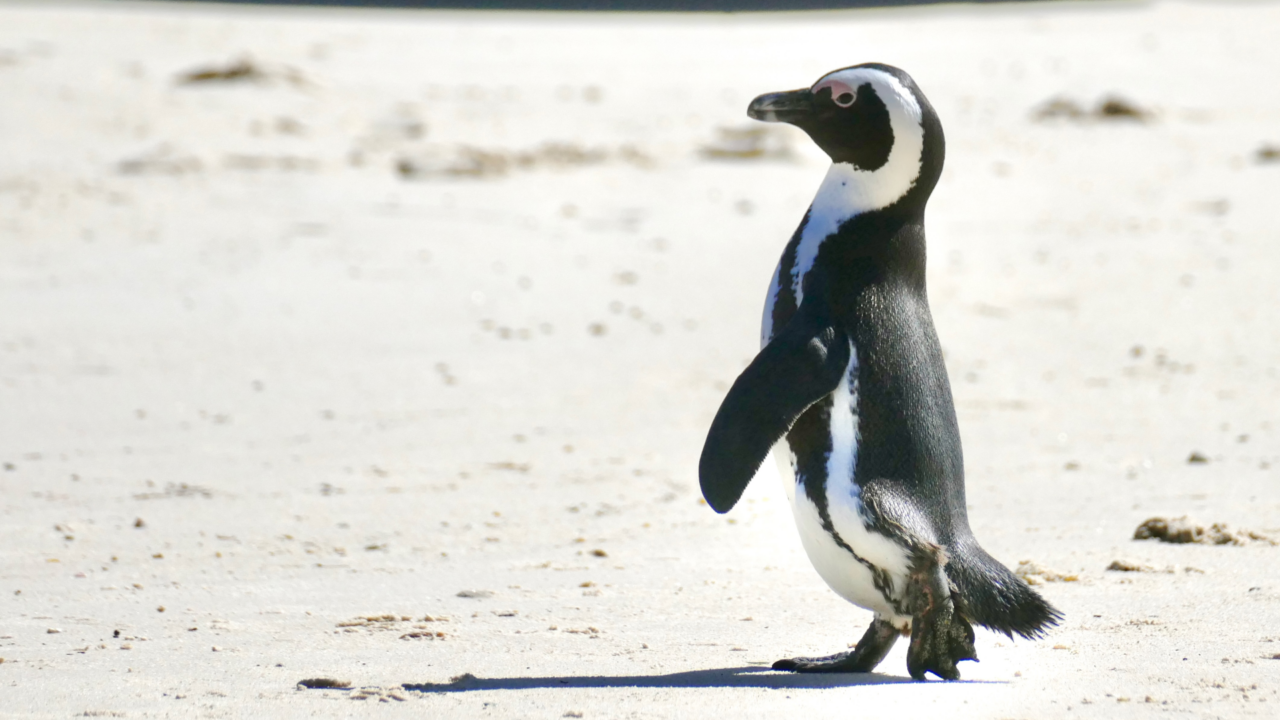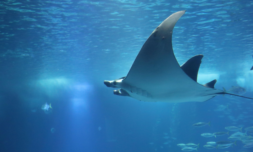The African penguin, ‘Spheniscus demersus’ is an iconic species native to the coasts of South Africa and Namibia. These charismatic birds face a multitude of threats, primarily from human activities and climate change.
In the last century, the African penguin’s population has plummeted, pushing them dangerously close to extinction.
Human activities have had a profound impact on the birds and their habitat. Overfishing, pollution, and disturbance from tourism are among the primary threats. The gross depletion of fish stocks has left penguins struggling to find enough food to feed themselves and their young.
Pollution, including oil spills and plastic debris, has continued to pose a significant threat, often leading to entanglement, ingestion, and poisoning. Additionally, coastal development and disturbance from human activities disrupt breeding colonies, further endangering the species.
Climate change has intensified the threats faced by African penguins. Rising sea temperatures and changing ocean currents disrupt the distribution of prey species, making it even more challenging for penguins to find food.
Extreme weather events in South Africa, primarily floods and storms, have devastated penguin colonies and their ability to procreate. Sea-level rise has also threatened to inundate nesting sites, forcing the animals to abandon their traditional breeding grounds.




















